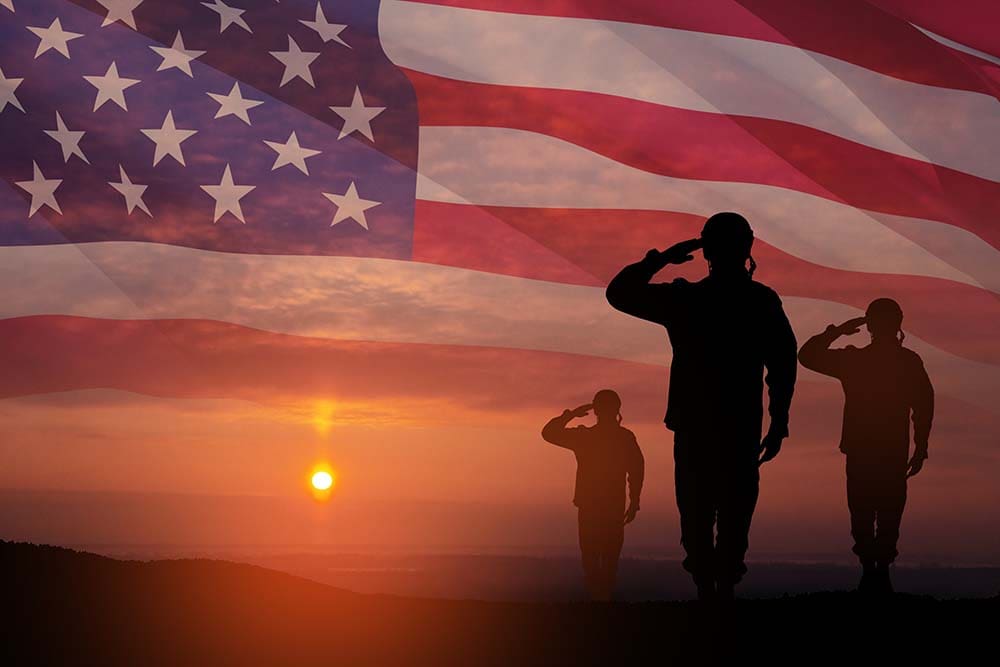Absolutely the best attorney for getting your VA benefits. After 7 years of denial, I found Brendan Garcia of VetLaw, He reviewed my case, set up a plan , scheduled my video hearing in front of a Veteran law judge, flew out to Phoenix to be there with me during the hearing. Hired a doctor to help draft a report to help my case. When all the smoked cleared, I’m now collecting max disability monthly, back pay beyond my wildest dreams. Brendan Garcia never stopped. He is an expert in Veterans law. Best decision of my life was to have him on my side. Bar none, Brendan is a terrific VA benefits attorney!
Do I Qualify For Dependency and Indemnity Compensation?
Losing a loved one who served in the military is incredibly difficult, and many surviving family members may be unaware of the benefits available to them. The U.S. Department of Veterans Affairs (VA) offers Dependency and Indemnity Compensation (DIC) to eligible survivors of Veterans whose deaths were connected to their military service. This tax-free monthly […]
Read MoreHow Much is the Camp Lejeune Water Contamination Settlement Per Person?
The guidelines for Camp Lejeune water contamination settlement amounts can provide veterans with an idea of what their claim may be worth. Summary Camp Lejeune settlement amounts vary based on the medical condition, length of exposure, and individual circumstances, making tailored legal representation crucial. The Department of the Navy offers two settlement tiers based on […]
Read MoreWhat’s the VA Rating for Carpal Tunnel?
The loss of feeling and function in the hand due to carpal tunnel can be debilitating. Understanding how the VA assigns a rating for carpal tunnel syndrome can help veterans prepare their appeals for disability benefits. Summary Carpal tunnel syndrome due to repetitive strain is a common service-connected disability among veterans, impacting activities like driving, […]
Read MoreDo I Need to Hire a VA Benefits Lawyer?
Veterans who want to challenge a VA decision should consider hiring a VA benefits lawyer to advocate for them. Summary Veterans who are dissatisfied with a VA decision may benefit from hiring a VA benefits lawyer to represent them in the appeals process. Cases where hiring a VA benefits lawyer may be necessary include when […]
Read MoreCommon Disabilities Claimed For VA Benefits | VetLaw
The most common VA disability benefits claims include injuries and illnesses acquired over time, as well as those sustained from a single incident. Summary Veterans can receive compensation for common disabilities including physical and mental health conditions. Service-related disabilities can interfere with job performance, financial stability, and quality of life, among other things. Compensation for […]
Read More




